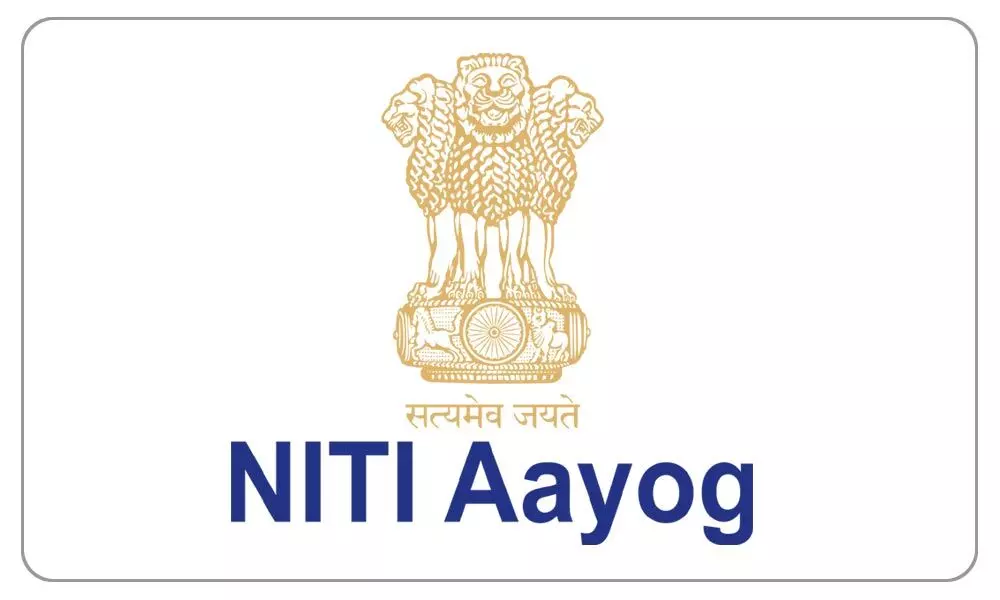High-Level Workshop by CSEP, NITI Aayog, and CEEW Emphasizes Evaluation of Research and Risks

NITI Aayog, in collaboration with the Council on Energy, Environment and Water (CEEW) and the Centre for Social and Economic Progress (CSEP), hosted a significant workshop in New Delhi on August 28, 2025. The event, titled “Indian and Global Perspectives on Geoengineering – Science, Governance and Risks,” gathered prominent policymakers, scientists, and global experts to discuss the implications of geoengineering. Key figures included NITI Aayog CEO B. V. R. Subrahmanyam, CEEW Founder-CEO Dr. Arunabha Ghosh, and renowned academic Prof. David Keith from the University of Chicago.
Understanding Geoengineering
Geoengineering encompasses large-scale interventions aimed at altering the Earth’s climate system to mitigate the effects of climate change. The workshop focused on two primary strategies: Carbon Dioxide Removal (CDR) and Solar Radiation Management (SRM). CDR involves techniques to actively remove carbon dioxide from the atmosphere and store it safely, utilizing methods such as biochar, enhanced rock weathering, and carbon capture with geological storage. On the other hand, SRM aims to reflect sunlight away from the Earth through methods like stratospheric aerosol injection and marine cloud brightening. The discussions highlighted the need for comprehensive research, risk assessment, and robust governance frameworks to ensure these interventions are effective and equitable.
Key Insights from Leaders
During the workshop, B. V. R. Subrahmanyam emphasized India’s unique development trajectory, balancing economic growth with a commitment to sustainability. He noted that while India is making strides in its Nationally Determined Contributions (NDCs), the country must also explore innovative technologies to address climate change. He stated, “Mitigation should remain the foremost global responsibility, but we must also keep researching other technologies.” His remarks underscored the importance of proactive engagement in climate solutions to set a precedent for sustainable development.
Dr. Arunabha Ghosh echoed this sentiment, advocating for a non-linear approach to development that prioritizes decarbonization without hindering industrial progress. He stressed the necessity for global collaboration in governing climate-altering technologies, highlighting that equity and climate justice should be central to decision-making processes. Ghosh’s insights reflect the growing recognition of the complex interplay between technological advancement and social equity in the context of climate change.
Challenges and Considerations
Dr. Laveesh Bhandari, President and Senior Fellow at CSEP, raised critical questions regarding the implications of geoengineering for science, sovereignty, and society. He urged India to invest in strategic research and ensure that any geoengineering pathways align with democratic oversight and national interests. Bhandari pointed out the need to evaluate the techno-economics of various options and to design institutions capable of managing long-term risks associated with geoengineering. He emphasized the importance of considering the potential impacts on water security, agriculture, and livelihoods, particularly in a nation heavily reliant on monsoon patterns.
The workshop also featured thematic sessions addressing India’s CDR pathways and the governance challenges posed by SRM. Participants included experts from various institutions, including NITI Aayog, CSEP, and leading Indian universities. The discussions reinforced the notion that while mitigation and adaptation remain priorities, India must strategically assess the risks and governance frameworks surrounding geoengineering to prepare for future challenges.
Future Directions
The workshop concluded with a consensus on the need for continued dialogue and research in the field of geoengineering. As climate change poses increasing threats globally, the importance of innovative solutions and collaborative governance becomes ever more critical. The insights shared during the event will inform future policies and research initiatives aimed at addressing the complex challenges of climate change while ensuring that equity and sustainability remain at the forefront of global efforts.
Observer Voice is the one stop site for National, International news, Sports, Editor’s Choice, Art/culture contents, Quotes and much more. We also cover historical contents. Historical contents includes World History, Indian History, and what happened today. The website also covers Entertainment across the India and World.

